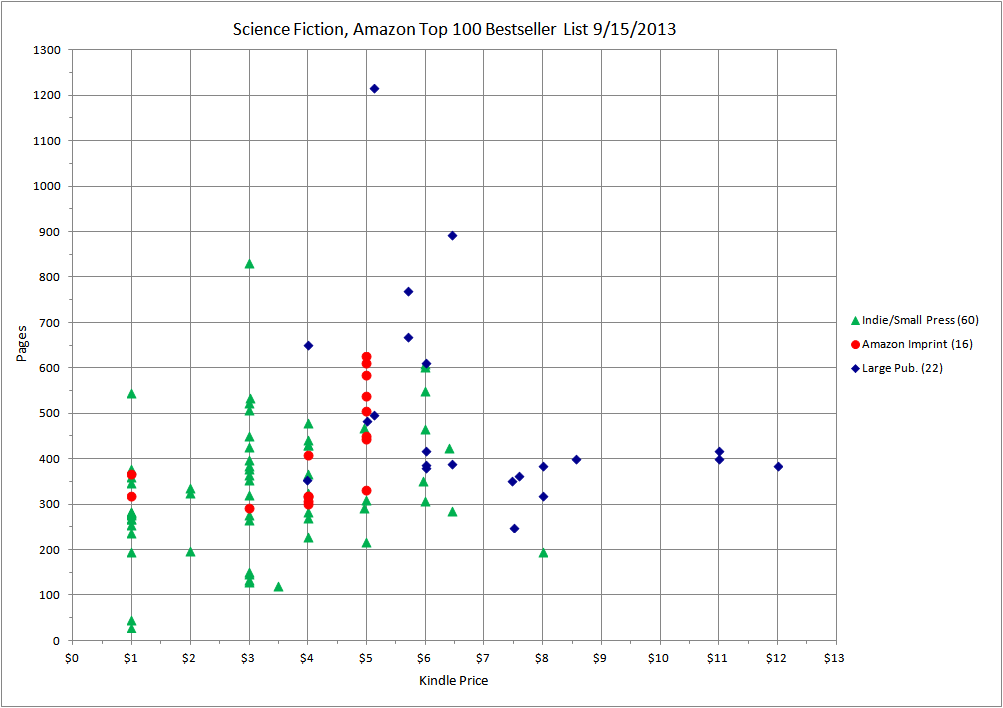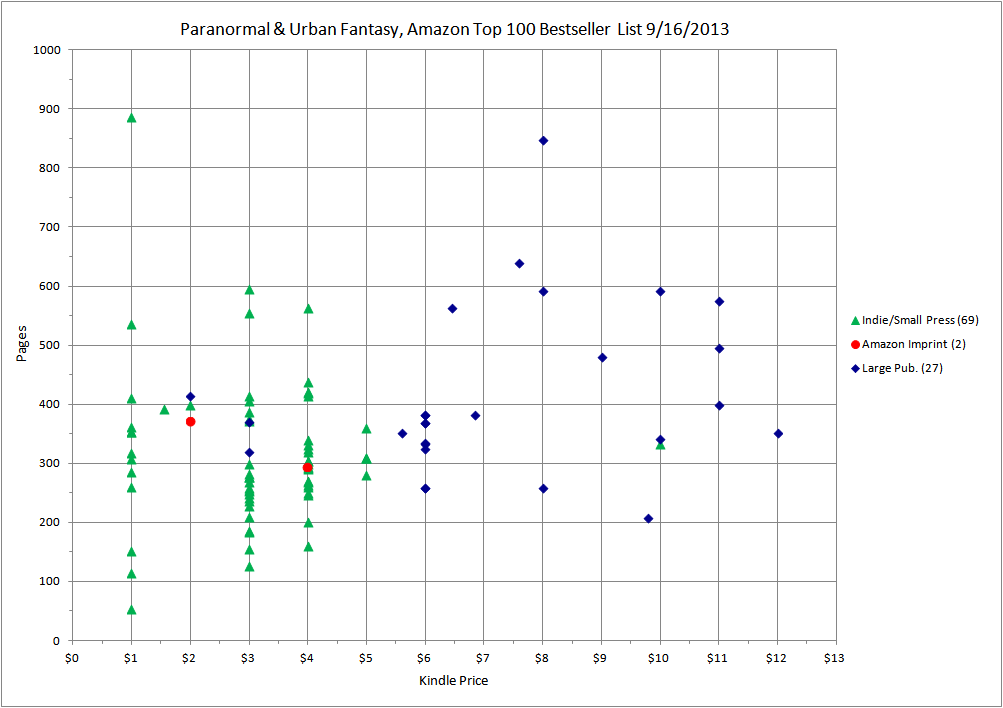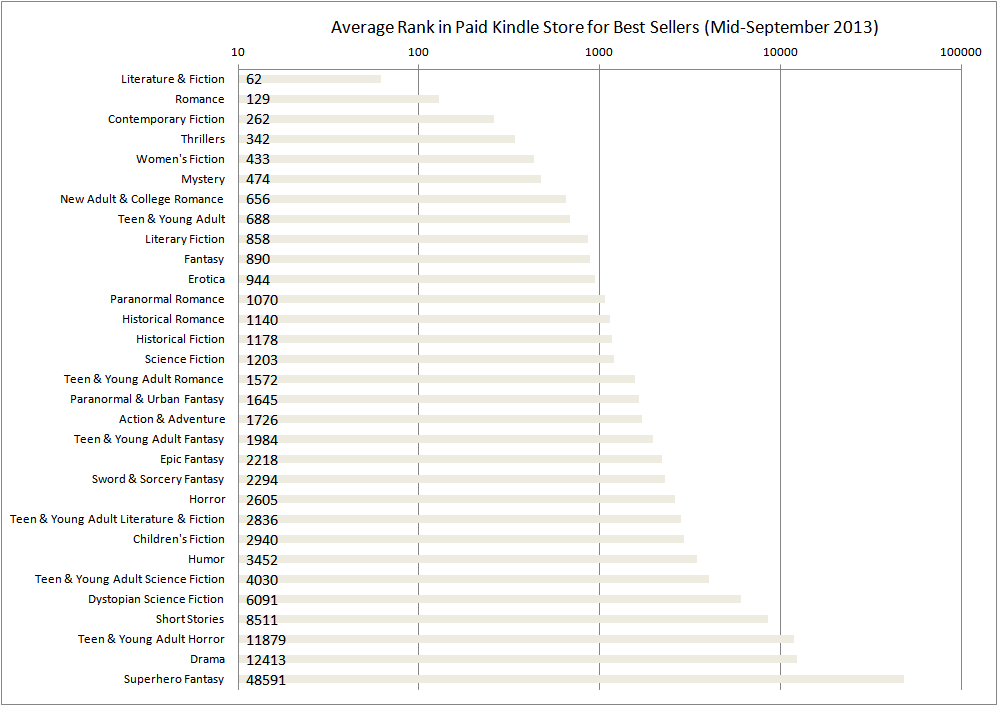 Well, I was hoping to wrap this all up into one mammoth blog post, but it looks like it’s going to be two mammoth blog posts. So anyway, here’s the first part of my WorldCon experience. I haven’t been to a WorldCon in thirteen years, and I’d forgotten how big it is. Then again, I also know it’s small by comparison to other cons (think DragonCon or ComicCon) as well as earlier cons. The numbers I’ve been hearing bandied about are in the 4000-5000 range, which is about average for WorldCon, though the official numbers won’t be in for weeks at least.
Well, I was hoping to wrap this all up into one mammoth blog post, but it looks like it’s going to be two mammoth blog posts. So anyway, here’s the first part of my WorldCon experience. I haven’t been to a WorldCon in thirteen years, and I’d forgotten how big it is. Then again, I also know it’s small by comparison to other cons (think DragonCon or ComicCon) as well as earlier cons. The numbers I’ve been hearing bandied about are in the 4000-5000 range, which is about average for WorldCon, though the official numbers won’t be in for weeks at least.
I’ve run into a lot of familiar faces from the Texas convention scene, but I’ve also seen a number of folks from much further afield, including a few I haven’t seen since that last WorldCon I went to in 2000. That’s always great, though I find my focus has changed. As I mentioned before, I’m not trying so much to glean wisdom from the published authors, editors, or agents, as much as I’m trying to learn more about production and marketing.
And interestingly, while the panel listings did not explicitly mention indie publishing, that didn’t stop several of the panels from talking about the subject directly. So, here are a number of panels I went to.
Self-Promotion: Everything You Know About it is Probably Wrong: I arrived late to the con and walked into this one already in progress. It was mostly industry professionals, and I had not arrived with a notebook for taking notes. However, I did hear one interesting semi-contradiction. When asked about giving books away to grab new readers, they said it was great when your publisher did it at a convention, but anyone doing it on their own was simply declaring that their book was worthless. Then, ten minutes later, they were praising Baen Publishing’s wisdom in giving away the e-book versions of the first books in a series in order to pull readers into the series. I know I’m coming at this from a different perspective than they are, but I was a little annoyed by their praise of a practice when done within the industry in juxtaposition with their dismissal of the same practice when done by indies.
The Business Side of Writing: I didn’t get much from this other than the same old things of “don’t quit your day job” and “treat it like a business”. On the whole, these are things I’ve seen said better elsewhere. I will note, however, that one of the two authors on the panel was an indie. About the only thing that made enough of an impression for me to jot down was the notion that treating it like a business meant writing a business plan. I _might_ investigate that. On the whole, I would say it’s a good idea, but the last time I ran a business (a software company in the 90s) the whole business plan attempt devolved into long meetings with my partners while we dallied around with some high-concept vision statement and mission statement. I’ll have to take another look at the more useful bits of this idea.
C.J. Cherryh’s Worldbuilding: Alas, this did not have C.J. Cherryh there to tell us her inner secrets. We did have an old friend of hers who had a number of great anecdotes along with a couple of other writers who were big fans of her work. The overarching message seemed to be that there is no such thing as too much research. While that may work for Cherryh, your mileage may vary. I’m a huge fan of her work, but I’m afraid I didn’t get much out of this panel.
How to Convert a Book into E-Book Format: This was an attempt to walk us through the basics. It did talk about Calibre, but the presenter’s preferred tool was something called Sigil. The project is hosted here (http://code.google.com/p/sigil/ ) complete with some Windows-install links. I had heard of Sigil before from others, but I had not actually looked at it yet. Now I’m giving it some serious consideration. If nothing else, it looks like it makes a great WYSIWYG HTML editor for doing the hand-coding of the ebook.
The Role of an Agent: This one was filled with experienced industry professionals, and they briefly described how agents will send manuscripts to appropriate editors and then work to negotiate the contract. Then it seemed mostly to go into some nostalgia about how things used to be before publishing was consumed by big corporate culture. It is now run by accountants, not editors. In fact, one said that the current publishing environment is such a scary and dangerous place, writers are lucky to have agents here to deal with it, “so the writer doesn’t have to worry about it.” Frankly, I thought they did such a good job describing the problems in New York, it reaffirmed my decision to avoid it altogether.
In the Q&A period, someone did bring up indie publishing and whether a successful track record would help negotiate with New York. This seemed to be a sore point with some of them as they were adamant that there was no way to track self-published sales. I think what they really meant is that there was no reporting mechanism telling them independently like they can get with BookScan data, because as just about any self-publisher will tell you, we can track them better than New York. We get monthly statements.
Literary Estates: This was one of those panels that really needs to be expanded into a weekend-long seminar. There was just far too much information to cover, but the basic message was make a will and make sure you express what you want to have happen to your books in it. That is, who inherits the rights? The attorney recommended against trying to get too specific on how the property is to be treated because numerous cases have shown that those restrictions are almost impossible to enforce. It’s far better to appoint a trustee (or your beneficiary) who understands your goals and philosophy and then simply trust them to use their judgment.
If the Pen is Mightier than the Sword, What Have You Stabbed Lately?: This was supposed to go into dealing with politics, but I was getting pretty tired by this point, so about the only thing I came away with was that Maurice Broaddus sounds like an interesting writer.
Writing Erotica: Whenever this panel happens, it’s always a late hour, so I confess I was pretty much wiped out by the time it started. I have no notes from it, and only one vague memory: “You want to know the difference between porn and erotica? Porn pays better.”
 Gender in SF: This went into a lot of gender views and politics in SFF, mostly on things that had been done badly. Specifically, when dealing with non-binary gender in the future, most authors seem to ignore the history of it, such as what’s already been going on for decades or centuries today. Also, when stepping away from the basic cisgendered heterosexual norm, too many authors put way too much emphasis on the sex rather than the rest of the characters’ lives. There was, however, one recommendation for a graphic novel titled, “Y The Last Man”.
Gender in SF: This went into a lot of gender views and politics in SFF, mostly on things that had been done badly. Specifically, when dealing with non-binary gender in the future, most authors seem to ignore the history of it, such as what’s already been going on for decades or centuries today. Also, when stepping away from the basic cisgendered heterosexual norm, too many authors put way too much emphasis on the sex rather than the rest of the characters’ lives. There was, however, one recommendation for a graphic novel titled, “Y The Last Man”.
For fantasy, the question was raised whether we need to be historically accurate for gender roles? That is, if we say that medieval times were male-dominated, must all of our fantasy fiction also be male-dominated, or is this just an excuse to perpetuate misogyny? This also raised the aspect of “hidden history”, i.e. the real history that was not largely written about by male historians, so if we focus on a male-dominated medieval setting, are we really being historically accurate after all? And then, of course, what’s with all these wizards and dragons – don’t they make any historical arguments moot? In short, there were no solid conclusions, but the panel was clearly unhappy with the current state of affairs.
Publishing Intermediaries in the Digital Age: The panel description for this one read, “Agents, Editors Publishers. All obsolete in the digital age, right? We find out how useful these experts are and what services they can provide to authors and other creators.” Also, looking at the lineup of industry professionals, I went in expecting this one to be mostly the defense of traditional publishing and a screed against indies. It didn’t quite pan out that way.
About twenty minutes in, mostly filled with nostalgia for the way New York publishing used to be run back in the 70s and 80s, the subject of self/indie publishing came up. The moderator (a game publishers, not a fiction publisher) asked how many in the audience were considering self-publishing. A few hands went up, including my own. He then asked how many of us had actually already done it. Three hands remained up. “So, how is that working out for you?” The first guy that answered said, “I sold 35,000 books last year at a $5 price point.” I think it’s fair to say that both panel and audience were stunned. I spoke with this particular author afterwards, and he has about seven or eight books out.
The moderator then moved on to me. I answered, “I’m just starting out, and I’m selling about 300 books a month now also at a $5 price point.”
“So, not quite quitting the day job money?” he replied.
I agreed, but what I did not say that it’s turning into good enough money that in five or six months it will outstrip the $5000 – $7500 advance any New York publisher would be likely to offer me, and that advance would be spread out over eighteen months. I think that moment, more than any other, made me happy I’d made the choice to start off as an indie author. I might aim for hybrid status later on when I have a stronger backlist, but for now I’m quite happy where I am.
The third indie in the room was managing the literary estate of a well-known SF midlist author, and she was in the process of indie publishing all of that author’s backlist. About the only other thing I got out of the panel was a tip for where to find independent editors: The Editorial Freelancers Association, http://www.the-efa.org/
First Contact: I had been hoping this would be more of a discussion about how to write first contact scenarios, but mostly I found it to be a bunch of recommendations for the panelists favorite contact stories: The Left Hand of Darkness, the Rama trilogy, The Road Not Taken, and The Sparrow. There was some discussion about motivations, i.e. why did they come? what do they want from us? what will we want from them? So, it was nice, but not spectacular.
 The Shift from Print Publishing to E-Publishing: The panel description made this look like a discussion of the reading experience of print vs. e-book, but it turned into an indie love-fest. Notably, none of the panelists felt that print was going away, especially for non-fiction, but they all felt strongly that the fiction market was being turned upside down by e-publishing. One quote: “If you adapt, you’ll thrive. If you don’t adapt, you’ll go out of business.”
The Shift from Print Publishing to E-Publishing: The panel description made this look like a discussion of the reading experience of print vs. e-book, but it turned into an indie love-fest. Notably, none of the panelists felt that print was going away, especially for non-fiction, but they all felt strongly that the fiction market was being turned upside down by e-publishing. One quote: “If you adapt, you’ll thrive. If you don’t adapt, you’ll go out of business.”
They also pointed to the explosion in short fiction. It had been dying just a few years ago as genre magazines were hemorrhaging subscribers, but now it’s thriving with short e-books directly from the authors. They all made a point that it was important to interact with your readers and give those readers what they want, i.e. don’t put up artificial barriers between the readers and your work.
And finally, Hugh Howey drove home the point I’ve heard many, many times: “The best marketing you can do is to write the next book.” He’s famous for his Silo series (starting with _Wool_), but he had already put out eight books before he wrote that one. He had been slowly building an audience, and that was the first one that his fans started pushing hard to their friends.
That pretty much goes with what I’ve heard elsewhere, both in and out of New York publishing. Things take off between your sixth and tenth books. I can’t remember where I first heard this, but here it is: “Most overnight success stories were a decade in the making.”
The Changing Economics of Book Production and Distribution: I’m not sure what I was hoping for from this panel, but I can say that I didn’t get it. This mostly turned into the same kind of publisher complaint session I’ve been seeing for the last year or two and hearing from other professionals at the con. Returns are killing us. E-books are eating into our print sales. E-books are costing us money. There’s no money to be made. Amazon is the Great Satan. And so on. Some of this struck me as just plain wrong since when I look at publisher’s financial reports, they have lately been pointing to their increased profits from e-books. So, it may just be that these particular panelists were further behind the curve than others. It’s hard to say for sure, since I know I went in with my own pro-Indie bias.
However, I did get to ask one question that I really wanted to ask. Namely, did they foresee any game-changing technological advancement in print-on-demand publishing coming down the pipeline that would close the cost gap between POD and offset printing? They all said no. Most of the POD improvements they have been seeing are in quality and speed of printing, not in cost. On the other hand, though, none of them could point to any technological/mechanical reason why such a cost revolution was impossible. Of course, that does not mean such a revolution is coming, but did not rule it out in my mind. Personally, I think that if such a price revolution did occur, it would be as big of a disrupting force as e-publishing has been.
And that takes me through the end of Saturday. I was too wiped out to attend the masquerade. As much as I enjoy seeing cosplay, the whole pageantry thing of the masquerade event is lost on me.
Part two will include a number of other panels, some thoughts on the Hugo awards, and a bit on some marketing I did at the event.
 Indies and small presses dominate the list with 60, compared to the Big 5 with 22. Also, the dominant price points seem to be $3 to $5 with pages counts in the 250-500 range. Paranormal and Urban fantasy looks similar:
Indies and small presses dominate the list with 60, compared to the Big 5 with 22. Also, the dominant price points seem to be $3 to $5 with pages counts in the 250-500 range. Paranormal and Urban fantasy looks similar: Again, the Indie/small outnumber the Big 5 by 69 to 27, and the dominant prices are $3 to $4 for 200 to 400 pages of story.
Again, the Indie/small outnumber the Big 5 by 69 to 27, and the dominant prices are $3 to $4 for 200 to 400 pages of story. This is one is harder to read. What I’m really wanting is a market share breakdown of the different genres, and this is not that. Instead, it’s where in the ultimate Top 100 Fiction list do these various genres’ top 100 books end up? For example, the top 100 mystery novels average out to at the 474th position overall. If we assume a standard deviation (a not-at-all safe assumption), we might conclude that the 50th best-selling mystery was the 474th best-selling book on all of Kindle. For science fiction, we end up at the 1203rd spot.
This is one is harder to read. What I’m really wanting is a market share breakdown of the different genres, and this is not that. Instead, it’s where in the ultimate Top 100 Fiction list do these various genres’ top 100 books end up? For example, the top 100 mystery novels average out to at the 474th position overall. If we assume a standard deviation (a not-at-all safe assumption), we might conclude that the 50th best-selling mystery was the 474th best-selling book on all of Kindle. For science fiction, we end up at the 1203rd spot.



 At the start of 2012, about the time I made my own decision to go Indie, the two camps were digging trenches and sharpening spears. Those in the traditional camp stood high upon the walls of their New York castles, confident in their righteous gatekeepers, and looked out upon the raging barbarians and called them deluded fools. Meanwhile, the indie camp moved openly through the fields with confidence and shook their heads at the poor word-slaves held prisoner within those very same New York castles. Between them raged a war of words so vast and vehement that I can only imagine how many novels slipped off to next year because of the wasted effort.
At the start of 2012, about the time I made my own decision to go Indie, the two camps were digging trenches and sharpening spears. Those in the traditional camp stood high upon the walls of their New York castles, confident in their righteous gatekeepers, and looked out upon the raging barbarians and called them deluded fools. Meanwhile, the indie camp moved openly through the fields with confidence and shook their heads at the poor word-slaves held prisoner within those very same New York castles. Between them raged a war of words so vast and vehement that I can only imagine how many novels slipped off to next year because of the wasted effort. But there were also some reality checks on both sides. Thousands of indie authors tossed out their one and only book, pounded out the marketing, and inexplicably did NOT become millionaires. For that matter, most did not even make $1000. It became clear that we would not all be breakout successes like Joe Konrath, Amanda Hocking, and E. L. James. Just like in traditional publishing, those were going to be the rare exception. Many realized that one book will not give them a living wage and that they did not have the patience and stamina to keep at it for ten or fifteen books before seeing much success.
But there were also some reality checks on both sides. Thousands of indie authors tossed out their one and only book, pounded out the marketing, and inexplicably did NOT become millionaires. For that matter, most did not even make $1000. It became clear that we would not all be breakout successes like Joe Konrath, Amanda Hocking, and E. L. James. Just like in traditional publishing, those were going to be the rare exception. Many realized that one book will not give them a living wage and that they did not have the patience and stamina to keep at it for ten or fifteen books before seeing much success.